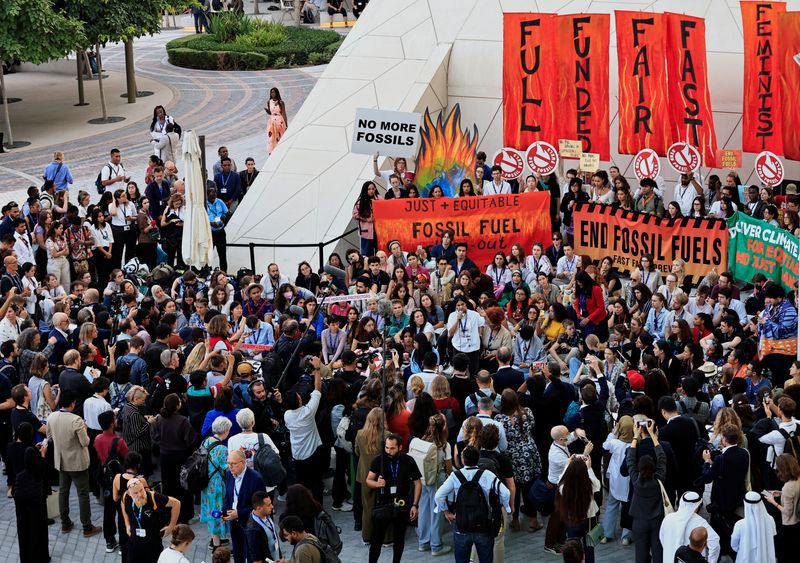Investors in infrastructure They risk losing almost a third of their money, about US$600 billion, if countries do not plan an orderly shift towards a greener economy by mid-century, according to a study by the EDHEC Infrastructure & Private Asset Research Institute.
Researchers describe a worst-case scenario in terms of governments delaying or unexpectedly imposing taxes on businesses. carbon emissions. Abrupt measures would cause an inflationary shock that would raise interest rates and affect the net value of investments.
The wallets of infrastructure They could lose up to half their value, according to the EDHEC study.
“There is more risk than people think,” said Frederic Blanc-Brude, co-author of the study, as the US climate talks took place in Dubai. COP28. “It is going to materialize sooner, and more than expected, and people have to wake up.”
In an orderly transition, by contrast, in which the system changes gradually to curb emissions, the costs would be absorbed as part of normal business operations.
Blanc-Brude explained that 9,000 infrastructures (airports, toll roads, power plants, seaports and pipelines) were evaluated without taking into account possible legal, technological and market costs.
Without an orderly transition, the greatest impacts of the “transition” investors in companies would suffer energy and water, which face the risk of a loss of 38%, that is, about US$86 billion, according to the study.
Network services companies could lose 33% of their value, or $104 billion. Data infrastructures stood at 32%, or $61 billion.
The study also examines the so-called physical risks of climate impacts, or damage caused to infrastructure by fires, floods or typhoons.
If government measures are not adopted to reduce emissions and control the climate changethe study concludes that the net asset value would be reduced globally by about US$140 billion between now and 2050 and would affect all sectors, although unevenly.
Source: Gestion
Ricardo is a renowned author and journalist, known for his exceptional writing on top-news stories. He currently works as a writer at the 247 News Agency, where he is known for his ability to deliver breaking news and insightful analysis on the most pressing issues of the day.












